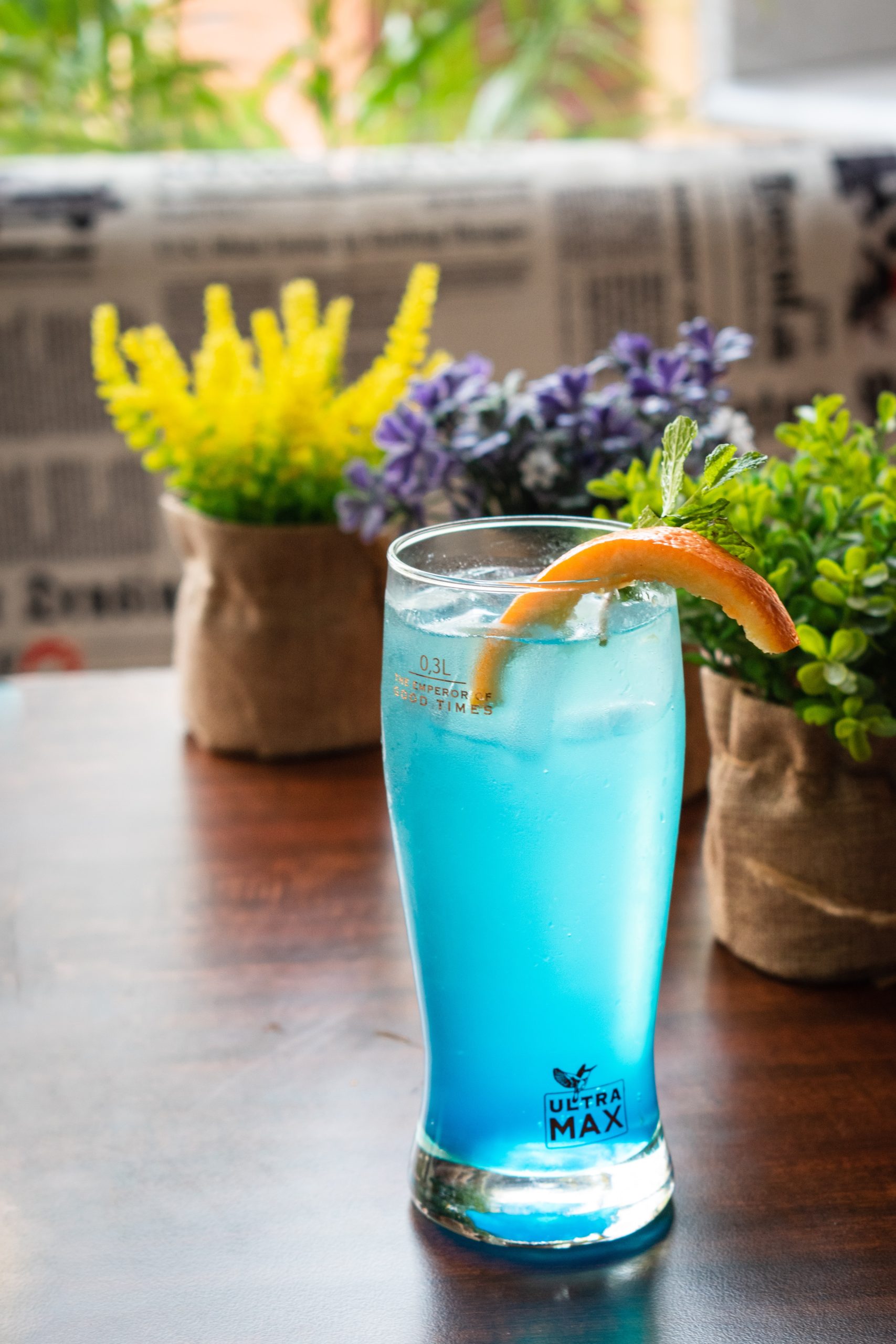Introduction:
As society becomes more health-conscious and individuals seek alternatives to traditional alcoholic beverages, mocktails have emerged as a popular choice. Mocktails, also known as non-alcoholic cocktails, offer a refreshing and flavorful option for those looking to curb their alcohol consumption. In this article, we delve into the world of mocktails and explore their effectiveness in reducing alcohol intake.
The Appeal of Mocktails:
Mocktails have gained popularity for their ability to mimic the taste, presentation, and experience of alcoholic cocktails without the presence of alcohol. Crafted with a combination of fresh fruits, juices, herbs, and other creative ingredients, mocktails offer a vibrant and enticing alternative for individuals seeking a non-alcoholic option. Their visually appealing aesthetics and complex flavor profiles make them a desirable choice for those looking to enjoy a sophisticated beverage without the effects of alcohol.
The Role of Mocktails in Alcohol Reduction:
Proponents of mocktails argue that they can be an effective tool in curbing alcohol consumption. By offering a satisfying and enjoyable non-alcoholic alternative, mocktails provide individuals with an opportunity to socialize, unwind, and celebrate without relying on alcoholic beverages. They can help break the association between social events and alcohol, encouraging responsible drinking habits and reducing the risks associated with excessive alcohol consumption.
Changing Social Norms:
Mocktails have played a significant role in shifting social norms surrounding alcohol consumption. Traditionally, social gatherings often revolve around alcohol, and non-drinkers or those looking to cut back on alcohol may feel excluded or face social pressure to partake. Mocktails provide a solution by offering an inclusive and appealing option that allows everyone to participate and enjoy the occasion, irrespective of their alcohol preferences.
The Influence of Taste and Experience:
One of the challenges in reducing alcohol consumption is finding a satisfying substitute that replicates the taste and experience of alcoholic beverages. Mocktails address this by offering a wide range of flavors and creative combinations that cater to diverse palates. By providing a sensory experience similar to traditional cocktails, mocktails can fulfill the desire for a pleasurable and indulgent drink without the alcohol content.
Supporting Lifestyle Changes:
Mocktails can also support individuals in making long-term lifestyle changes. For those aiming to cut back on alcohol or adopt a sober lifestyle, mocktails offer a familiar and enjoyable alternative that can ease the transition. By incorporating mocktails into social events and personal routines, individuals are empowered to make healthier choices and maintain their commitment to reducing alcohol consumption.
Navigating Challenges:
While mocktails have their merits, challenges exist in their widespread adoption as a tool for alcohol reduction. The availability and awareness of mocktails may vary depending on the location and establishment. In some cases, individuals may encounter limited options or unfamiliarity with mocktail offerings. Additionally, personal preferences, cultural norms, and peer influence can impact the success of using mocktails to reduce alcohol intake.
The Importance of Education and Support:
To maximize the effectiveness of mocktails in curbing alcohol consumption, it is essential to provide education and support to individuals seeking to make changes in their drinking habits. Awareness campaigns, educational resources, and community programs can help individuals understand the benefits of moderation or abstinence from alcohol. This comprehensive approach can empower individuals to make informed choices and create a supportive environment for those seeking alternatives to traditional alcoholic beverages.
Conclusion:
Mocktails offer a promising avenue for individuals looking to reduce their alcohol consumption. By providing a flavorful, visually appealing, and inclusive alternative, mocktails have the potential to reshape social norms around drinking and support healthier choices. However, their effectiveness in curbing alcohol intake depends on factors such as taste preferences, social context, and individual motivation. As awareness and availability of mocktails continue to grow, combining them with educational initiatives and support systems can enhance their impact in promoting responsible and mindful drinking habits.




